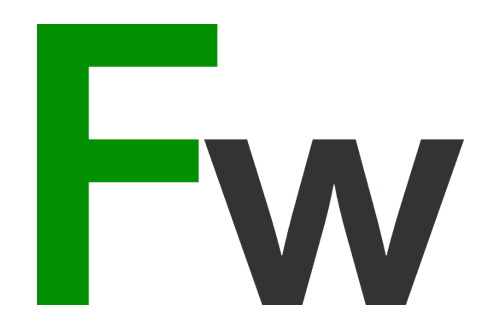Een internet zonder websites is een sociaal internet

Steeds vaker verwijzen organisaties naar hun Facebookpagina in plaats van naar de eigen website. Volgens sommigen ontzettend irritant, volgens anderen het experiment van de eeuw. Conversaties vinden tenslotte al lang niet meer op de eigen website plaats. Is een internet zonder websites het internet van de toekomst?
Afgelopen weekend postte Danny Sullivan een tweetal tweets.


In een reactie op deze tweets verscheen een artikel “The AP Is Using Twitter To Send People To Facebook. Wait. What?” op het weblog TechCrunch. Auteur MC Siegler liet in het artikel weten dat hij de motivatie van het persbureau Associated Press niet begreep. In de comments werden de reageerders het ook niet eens. Sommigen vinden het ronduit irritant om via een tweet op een Facebookpagina te belanden. Anderen vonden het een slimme zet. Een manier om nieuwsberichten van het AP een social karakter te geven.
Steve Rubel liet middels een blogposting “AP is Visionary: They See a Siteless Web” weten dat hij het volstrekt oneens was met de stellingname van Dany Sullivan en MC Siegler. Hij vond het experiment van AP ronduit briljant. “AP sees that the future of media is headless…The AP is now changing the game for news by not only going where attention spirals are taking us but by also using their content to curate a conversation on Facebook and – above all – build relationships.” Breaking News laat nu een zelfde beweging zien.
Een half jaar eerder had Rubel al een posting “The Next Great Media Company Won’t Have a Web Site” geschreven: “Conceivably the next great media company will be all spokes and no hub. It will exist as a constellation of connected apps and widgets that live inside other sites and offer a full experience plus access to your social graph and robust community features. Each of these may interconnect too so that a media company’s community on Facebook can talk to the same on Twitter. Facebook might be the first venue where this starts.”
 In zijn blogposting “Welcome to the Site-less Web” trok trok blogger Paul Gillin op 10 februari dezelfde conclusie: “The big change in the landscape is that information no longer needs to have a homepage in order to reach an audience. Facebook kicked off this trend when it created a service that was so popular that some brands found it was more desirable to use Facebook as a homepage than their branded websites.”
In zijn blogposting “Welcome to the Site-less Web” trok trok blogger Paul Gillin op 10 februari dezelfde conclusie: “The big change in the landscape is that information no longer needs to have a homepage in order to reach an audience. Facebook kicked off this trend when it created a service that was so popular that some brands found it was more desirable to use Facebook as a homepage than their branded websites.”
Ik ben het met bovenstaande auteurs eens. De homepage is dood… Al meerdere malen stond ik op Frankwatching stil bij deze verschuiving, lees bijvoorbeed “Is bloggen nu werkelijk dood?”. Nu zien we een sterke opkomst van tools als Tumblr, Posterous (red. bestaat inmiddels niet meer), Dlvr.it, Ping.fm en recentelijk Google Buzz die het mogelijk maken om een bericht in diverse uitingsvormen op het web te publiceren, waarbij de eigen website niet langer een noodzakelijk onderdeel vanuit maakt. Conversaties vinden overal plaats. Gefragmenteerd en gedistribueerd. En conversaties over het eigen merk of het eigen product vinden niet of nauwelijks plaats op de corporate website. Bedrijven doen er dus goed aan om veel meer de rol van aggregator (en filtering) op zich te nemen. Trek de discussie naar je toe. En dat is nu juist wat AP en Breaking News proberen te doen.

En dit is makkelijker gezegd dan gedaan. Zoals Robert Scoble ook aangeeft in zijn artikel “Coming Soon: The Disruptive Molecular Age of Information”: “Because today we live in an atomic age of real-time streams. Once those atoms (er, tweets) streamed by they are almost impossible to pull back out. Why? Because our search systems don’t have the kind of metadata they need to make searching for them possible. No one linked to these tweets. You probably didn’t even know about them. They were on my screen for a few seconds and then, well, they were gone. Luckily I saved them for this post.” Een oplossing is momenteel nog niet voorhanden. Zoals Brian Solis zo mooi formuleert in zijn artikel “The Information Divide – The Socialization of News”: “The news desk oftomorrow is actually needed today.”…
Als nabrander nog: “One thing I have noticed as I watch in real time is a growing trend of brands using social network URLs instead of their own.“


 ChatGPT
ChatGPT 





